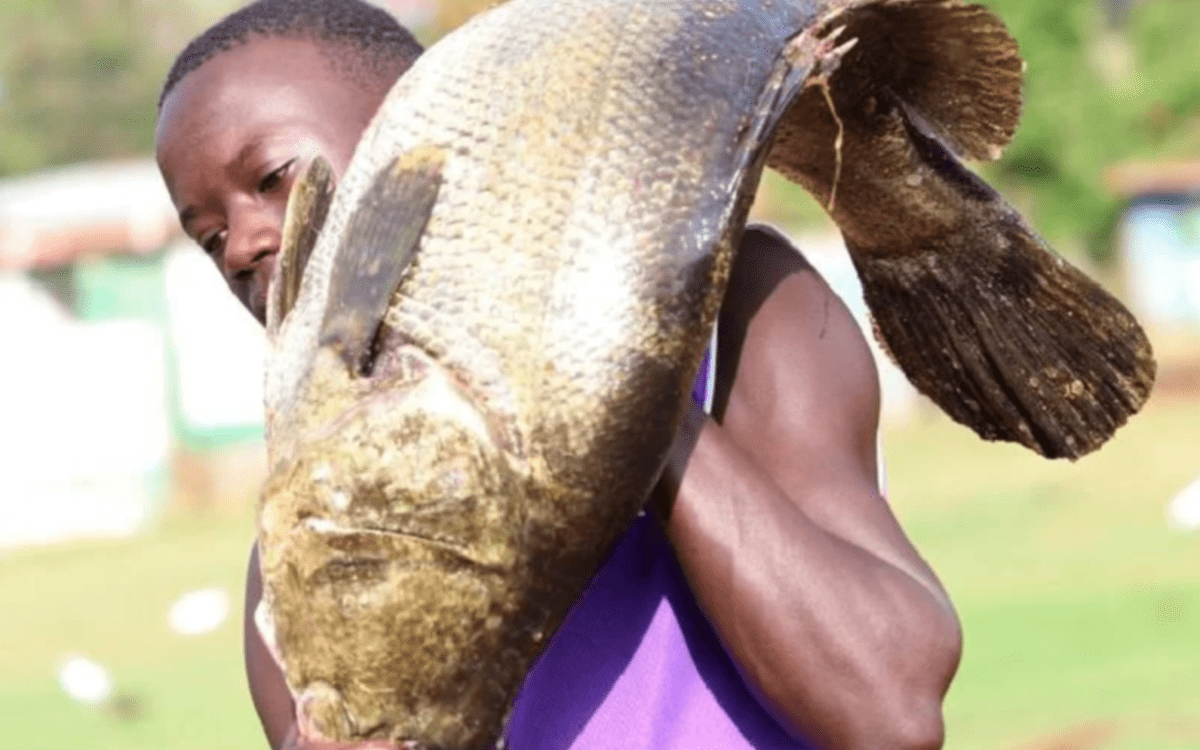Kenya Ramps Up Support for Fish Industry to Boost GDP

Image Credit: Reddit
In a bold move to bolster Kenya’s economy, the Kenya Fish Marketing Authority (KFMA) has unveiled a plan to substantially elevate the fish industry’s contribution to the nation’s gross domestic product. The KFMA’s strategic vision is to expand the sector’s contribution by a staggering 80%, skyrocketing from its current $204.4 million to a remarkable $1 billion within the next five years. The plan is set to revolutionize Kenya’s fish and fisheries products sector, potentially becoming a transformative force in the country’s agricultural landscape.
The commitment to this target was ardently expressed by Martin Ogindo, Chair of the KFMA Board, who detailed the authority’s comprehensive approach to boosting fish production and consumption across the nation. With the world gradually recognizing the profound health benefits associated with fish, the consumption rate is still not very high in Kenya.
Drawing from previous experiences and industry reports, it’s evident that the challenges facing the fish industry in Kenya are not unique. Similar issues have plagued the tea industry, another vital agricultural sector in the country. Over the years, both industries have grappled with the need for innovative solutions to enhance production, minimize losses, and improve quality. The KFMA’s strategies align with these longstanding concerns, illustrating a dedication to learning from past experiences to drive future success.
KFMA’s outlined strategies include leveraging research and technical expertise for evidence-based decision-making, introducing innovative value-added fish products, reducing post-harvest losses, and enhancing quality assurance standards for fish products. This is a keen reflection of the importance of streamlining the industry’s value chains, in a quest for efficiency and quality.
There have been calls to explore opportunities for technology transfer in the blue economy sector, which encompasses fisheries resources, for better yields and product quality.
The Jomo Kenyatta University of Agriculture and Technology (JKUAT), through its College of Agriculture and Natural Resources (COANRE) has embarked on research efforts to promote sustainable exploitation of blue economy resources. This includes groundbreaking innovations in aquaculture and human capital development.
JKUAT will be collaborating with KFMA in upgrading the value chain of silver cyprinid fish, locally known as ‘omena’. This collaborative project is part of a broader regional initiative named “Strengthening Agricultural Knowledge and Innovation Ecosystem for Inclusive Rural Transformation and Livelihoods in Eastern Africa (AIRTEA),” funded by the EU and coordinated by the Forum for Agricultural Research in Africa (FARA). Noteworthy achievements from this partnership include the deployment of hybrid (solar and biomass) greenhouse fish drying units, effectively reducing post-harvest losses at various locations.
Despite the formidable challenges facing the sector, including low technology adoption, uneven distribution of gains, a lack of value-addition technologies, and poor beach access roads, fish production in Kenya reached 163,702 tons in 2021. However, per capita fish consumption remains at 4.5 kg/person/year, below both the African and global averages. This situation mirrors the hurdles that other producers face in terms of distribution, access to markets, and value addition.
The ongoing development of value-added silver cyprinid-based products under the EU-funded project, led by a team at JKUAT, is intended to stimulate fish consumption throughout the nation. Kenya’s 445 documented fish landing points offer vast potential for integrated product innovation and value addition in processing facilities across Kenya.



